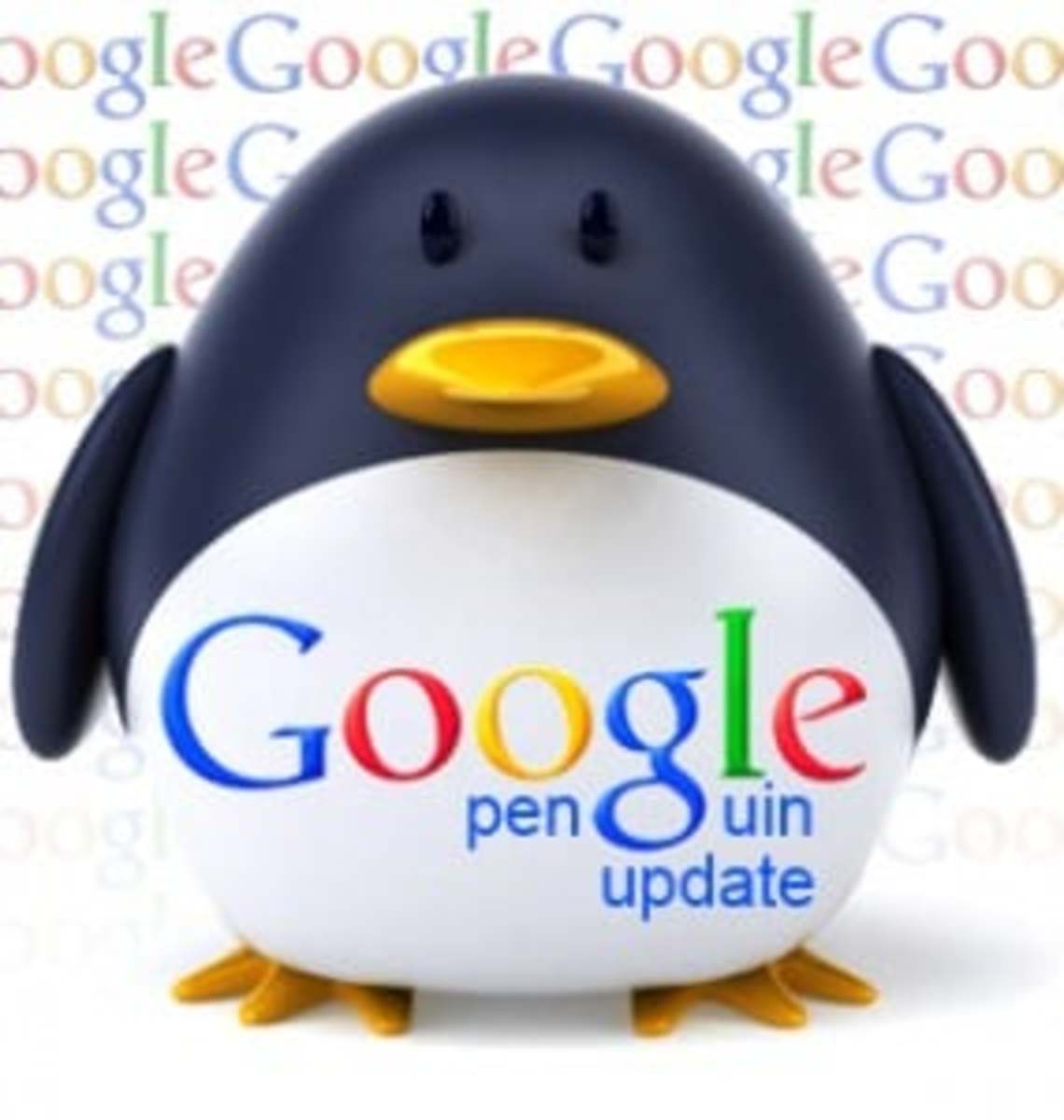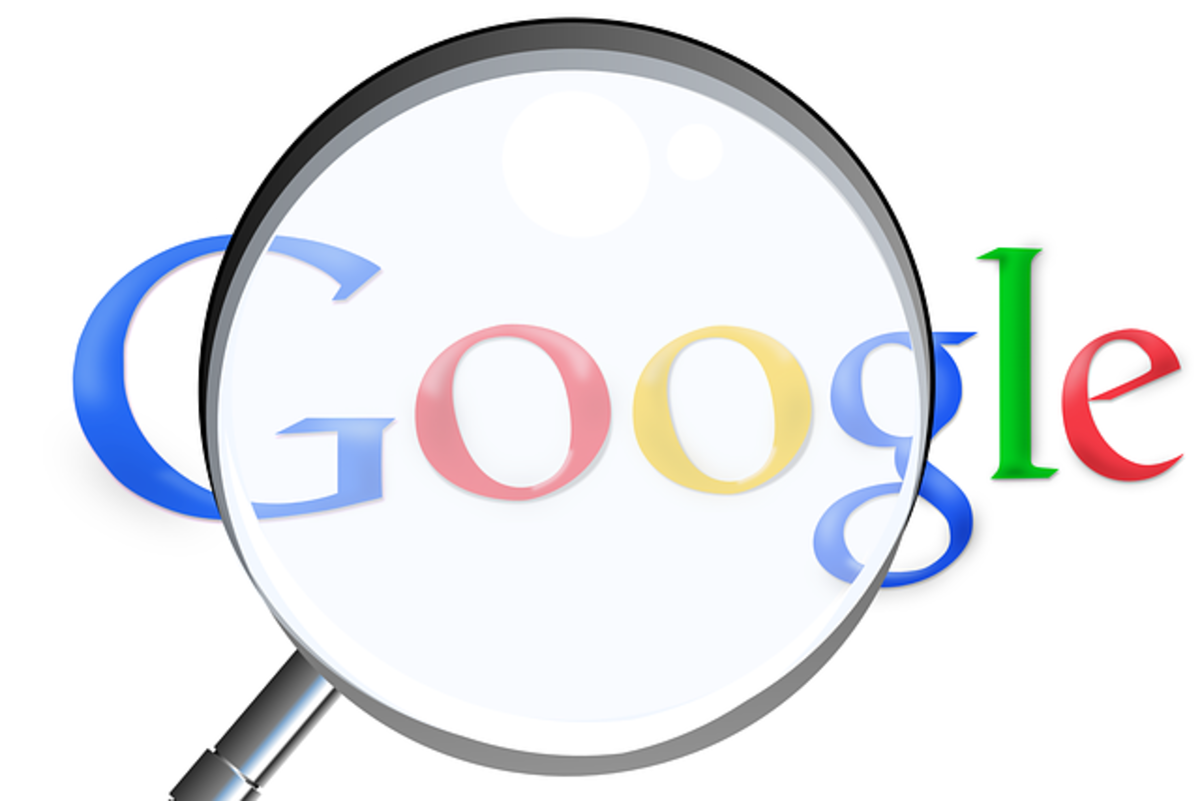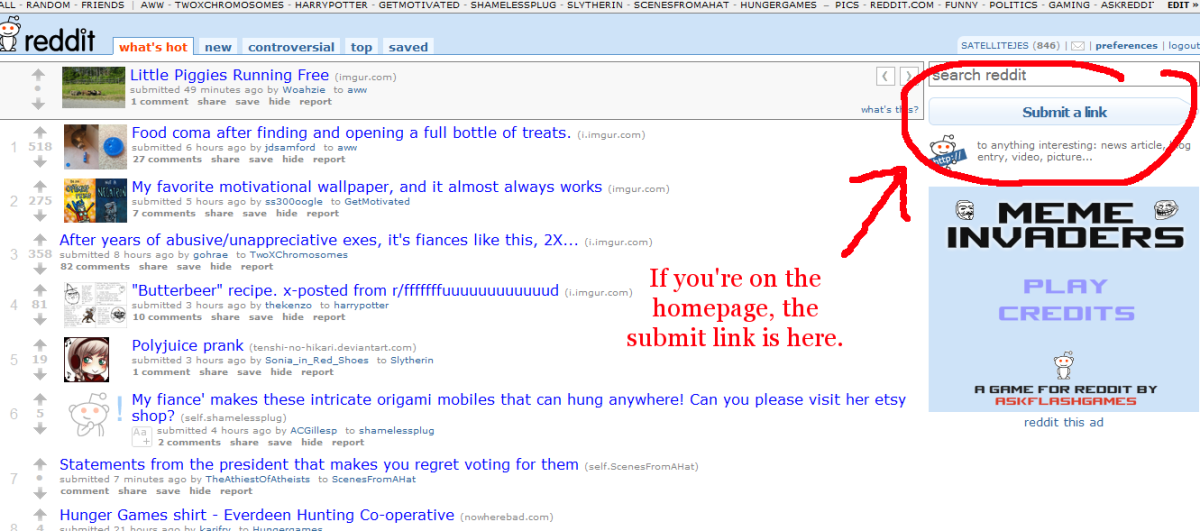Google Penguin and Panda Updates: Best Traffic Tips for 2013

Google Panda and Penguin Updates Explained
Content writers have been really hit hard by the Google Panda and Penguins updates in 2012 and as a result lost much traffic to their articles as well as much needed income. The reality is that these updates will not stop and will continue in 2013 as Google wants its users to get the right answers in the shortest time possible and not to rank low quality sites high in its search results. That is the only way Google will remain competitive and keep on earning some money by being trusted by its users as a good search engine. As content writers we need to be prepared and ensure that we do not lose traffic in the process.
What are the Google Panda and Google Penguin updates?
Google Panda was named after a Google search engineer, Mr Panda, and is basically a filter to detect low quality pages on the web by flagging them. This is a huge programme that runs every month to seven weeks. The most important thing to know is that Google now considers what users actually do on your site. Each Panda update has its own goal but remember that what Google now considers as quality pages differ from before.
Google Penguin was introduced on 25 May 2012 to detect spam, scheming links from untrustworthy sources and even over optimisation on sites. Poorly written content, old content, duplicate content and too many keywords in articles are definitely flagged and considered as not needed in search results.
Taking precautionary measures not to lose your traffic
What can you do not to lose your traffic when these updates are done?
- Google considers the entire site and not only sections of a site. Broken links , outdated content and even too many advertisements on your pages could affect your whole site. This is why it is so important to always revise your writing, not to forget about the old articles or to only concentrate on writing new articles. Consider using a programme to detect any broken links on your pages.
- Google considers how your site engages readers because those sites provide value to its users. The more comments your articles get, the more they are considered by Google to provide value and will thus rank higher in search engine results. It is thus very important to share your articles via social media and to attract comments. Some writers also post relevant videos on their sites to encourage reader engagement.
- The longer your readers stay on your site, the better for your ranking in search results. Experts agree that a reader should at least stay for two minutes on your site and that your bounce rate should be lower than 40%. What is a bounce rate? A high bounce rate is when readers visit your site only to find that the content is not really relevant and then immediately click back to Google. A low bounce rate is when readers stay on your site and also click on other links on your site. The click through rate to additional pages on your site is thus also very important. You can visit your Google Analytics account to see what the bounce rate of your page visits are. If you invest in lowering your articles' bounce rate this year, you will be on the right track to increase your traffic.
- Use only relevant keywords for your articles. A high bounce rate is encouraged because of keywords that are too broad. For example, if your keyword is marketing and the readers are actually looking for social media marketing, they will bounce back to Google and negatively affect your site's ranking. Revisit all your keywords and make sure that they are very specific to the content of your articles and not too broad.
- Do not use too many keywords. It is generally agreed among experts that a 5% keyword density is considered more natural and enough for Google to see what the article is all about.
- Write longer articles (400 to 500 words) so that the reader can scroll down your pages and thus stay on your page for much longer. Did you know that Google even considers whether readers scroll down your pages using the scroll bar?
- Beware of putting links on your site which lead to questionable content on the web. Links on your site should lead readers to engaging, interesting or educational content. Readers should want to read them.
Take a critical look at all your articles which have been really hit hard by traffic, consider the above tips and be ready for the next Google Panda or Penguin updates. Your articles need to be trusted by Google to provide the desired quality results for its millions of users.
Related Articles
- How to use Google Tools to boost your Traffic
Write about topics in demand on the Internet by following these simple steps. - Pinging your Articles to Search Engines: What you should know
Online writers should you ping your articles to search engines so that your readers can find you faster? - Why the Internet has Become an Integral Part of our Lives
Can you imagine your life without the Internet? Why has the Internet become such an integral part of our lives?







